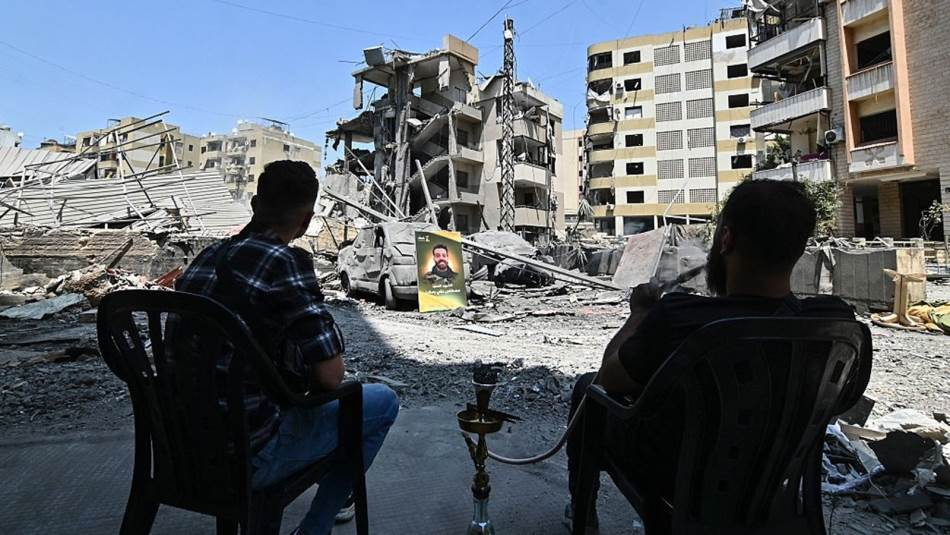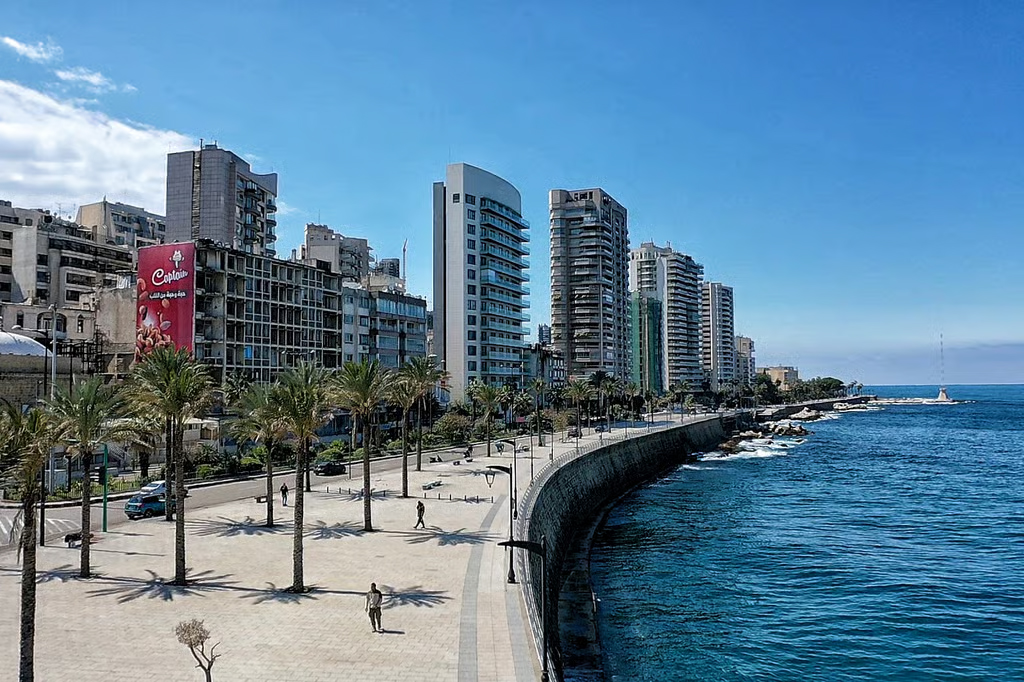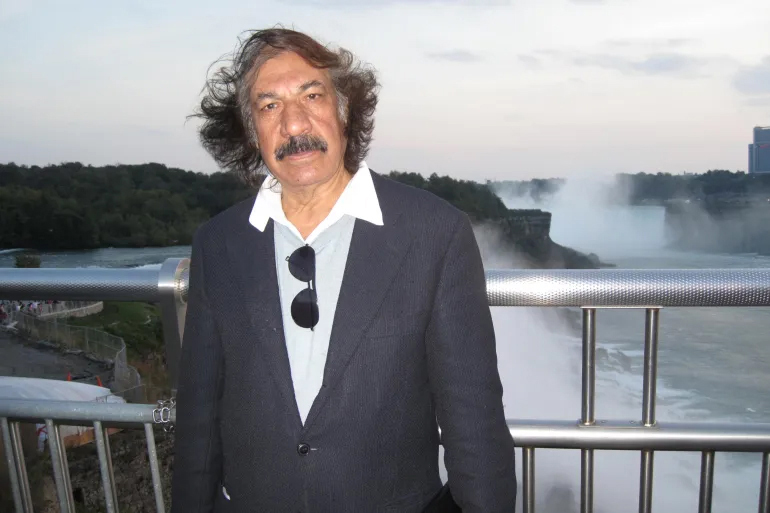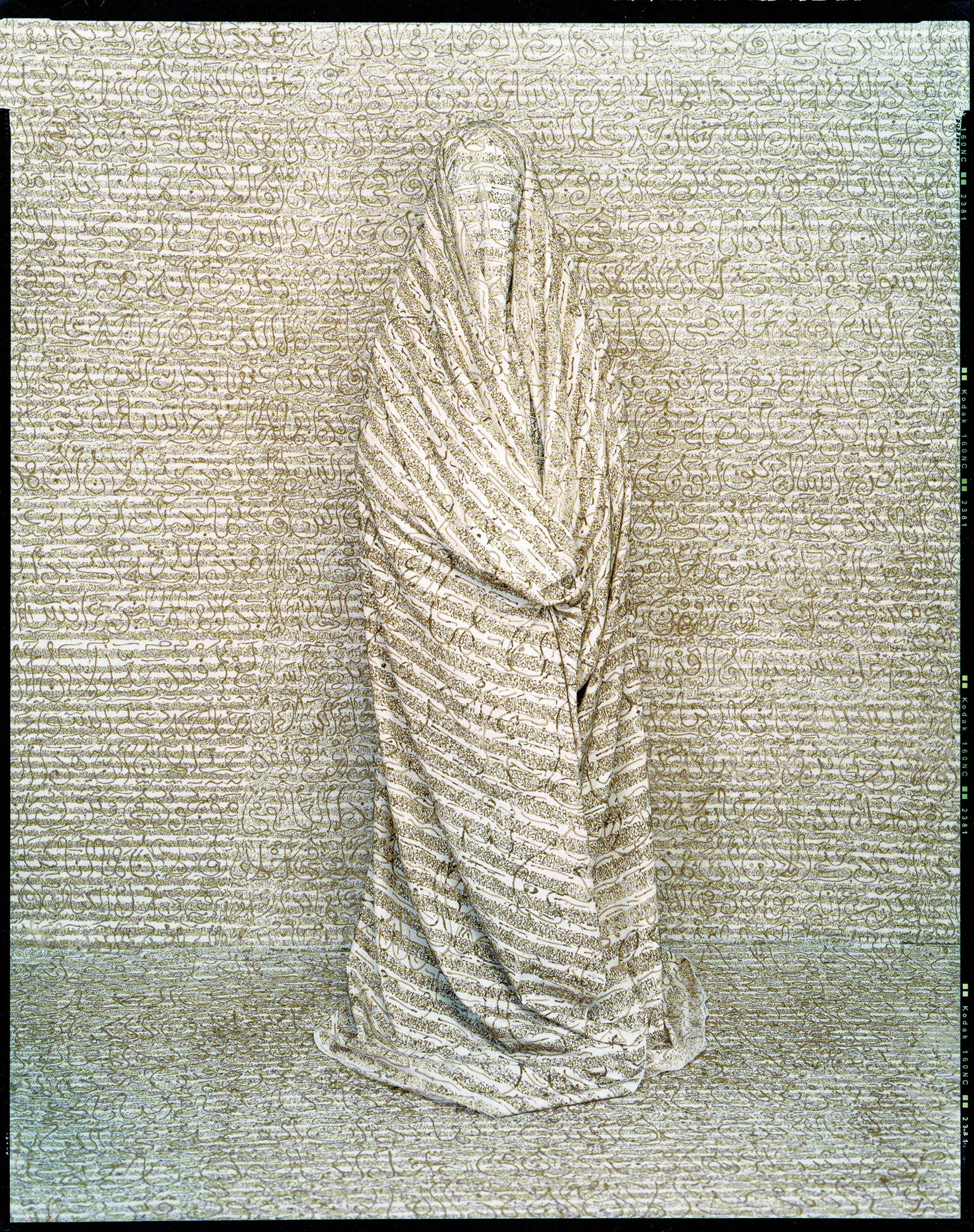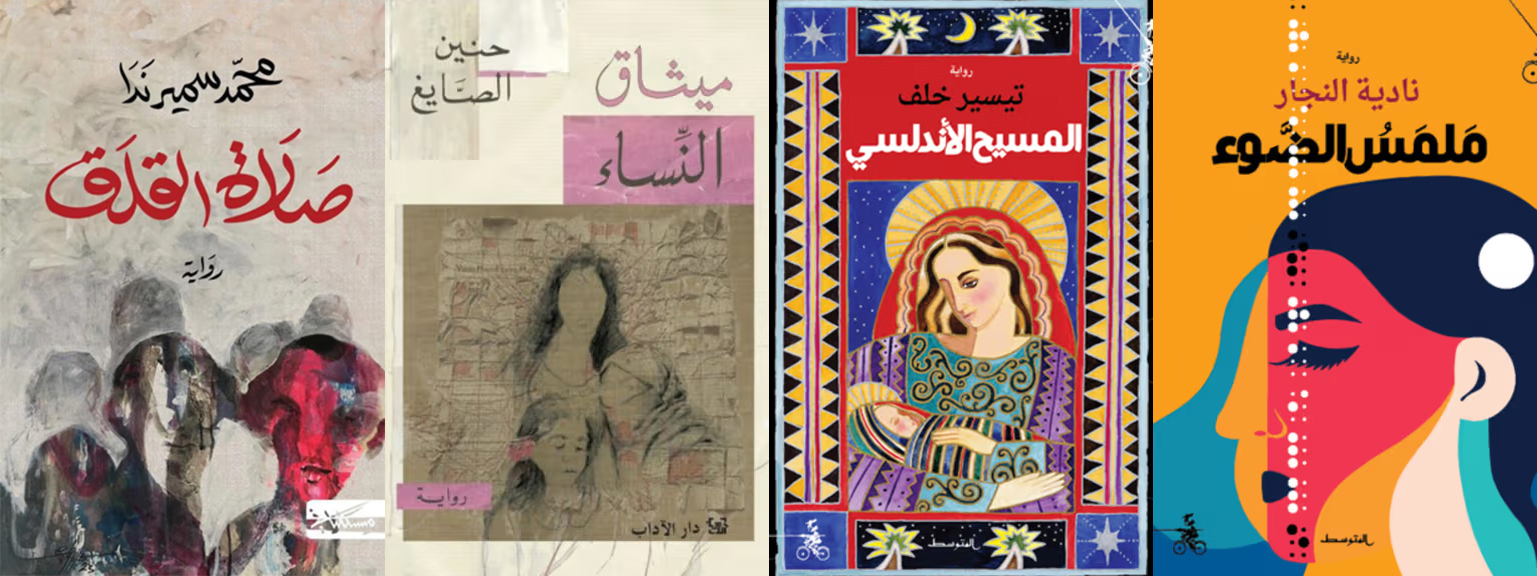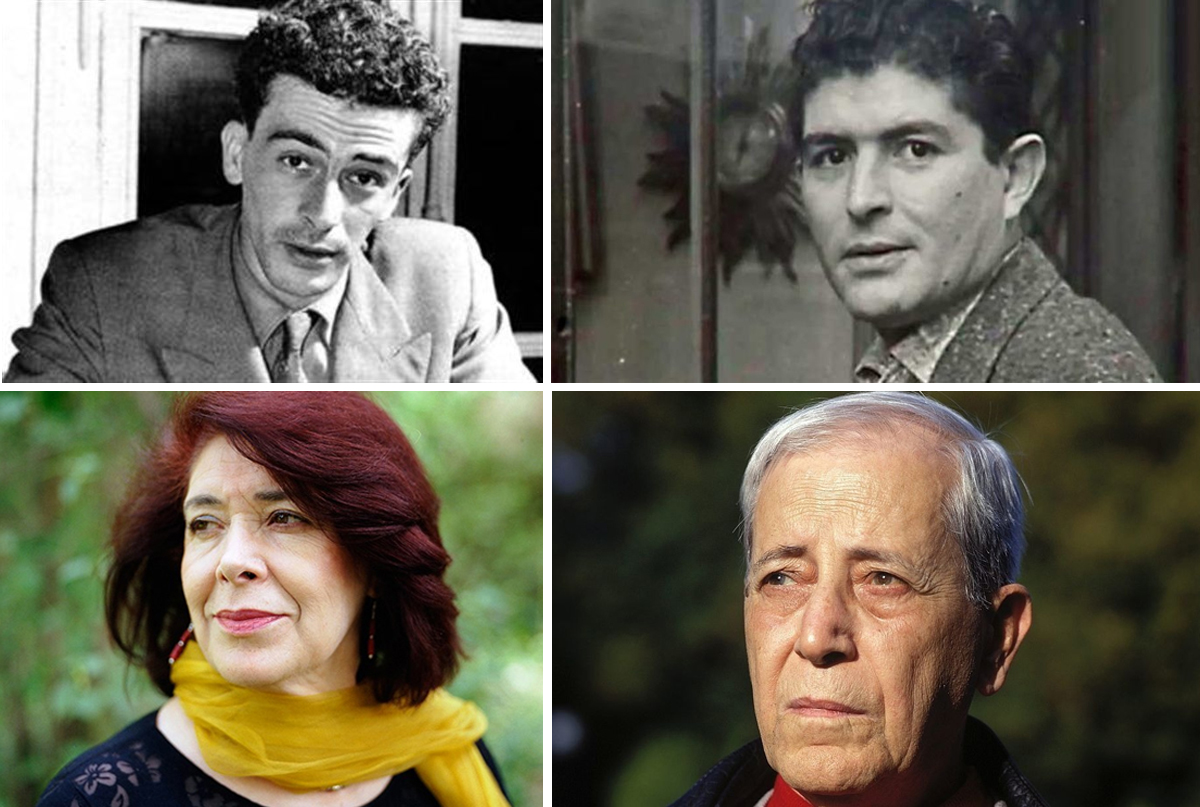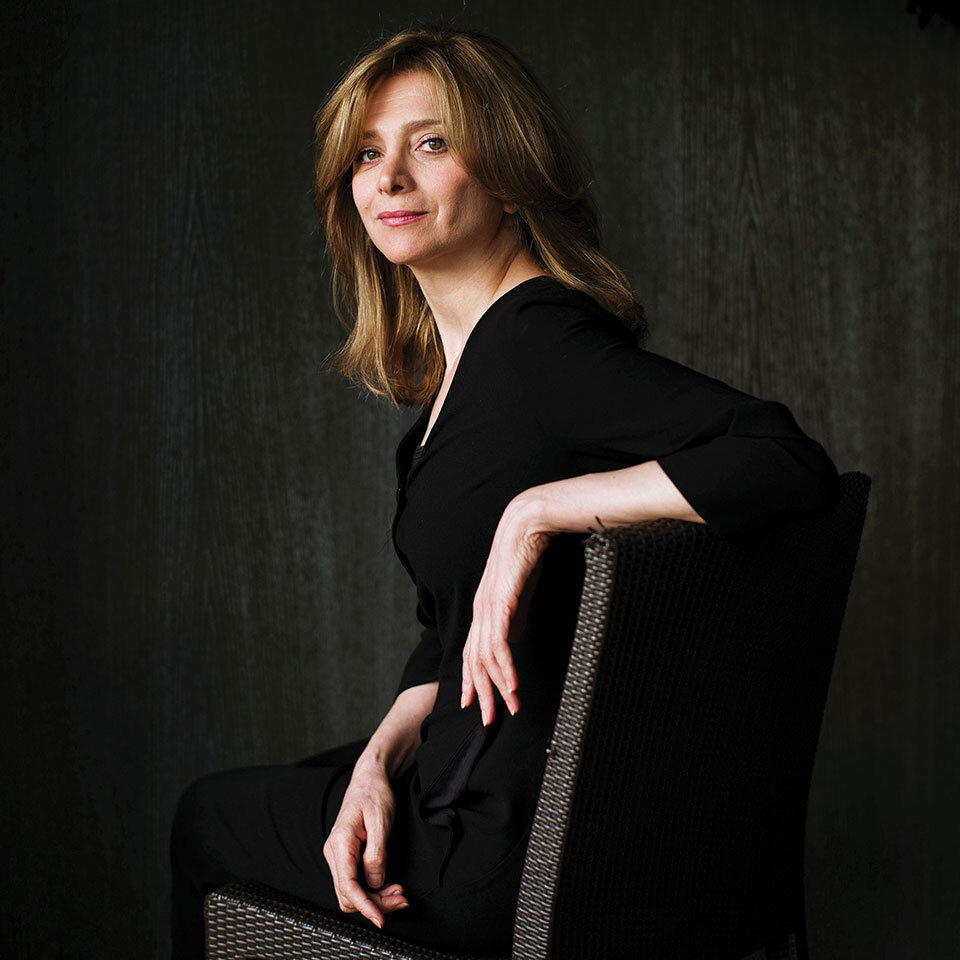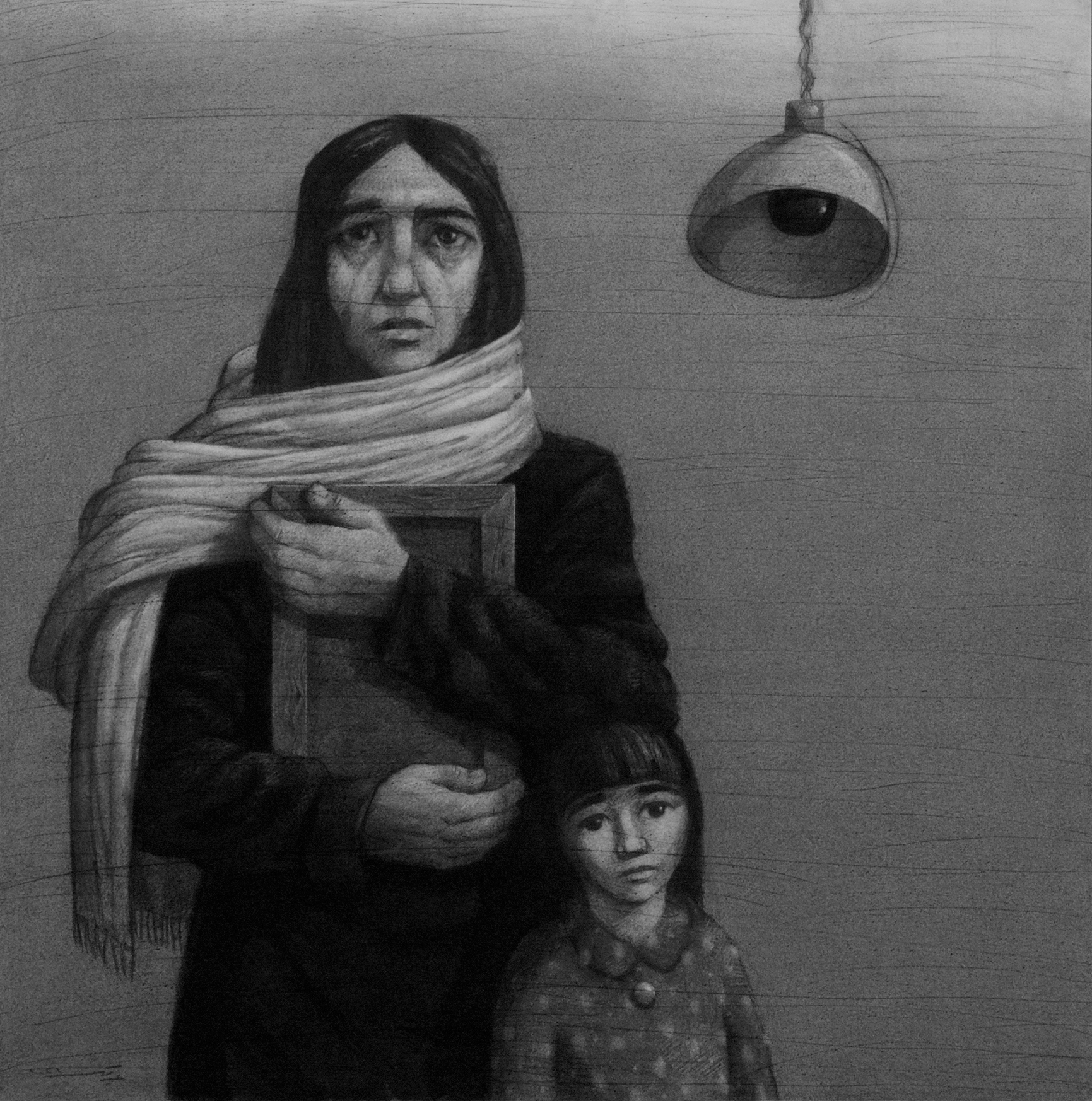‘We Do Not Live in Tragedy, We Live From It’:
Lebanese Media Turns National Failures into Myths of Triumph, Confusing Devastation with False Glory
Marwan Harb’s "We Do Not Live in Tragedy, We Live From It"* presents a multi-layered thesis that combines culture, psychology, and politics. In his essay published in Al Modon, Harb explores how tragedy is transformed into art, humor, and ritual, for "the Lebanese transform tragedy into the essence of their existence: Instead of living in tragedy, they draw life from it."
This phenomenon is evident across social media.

